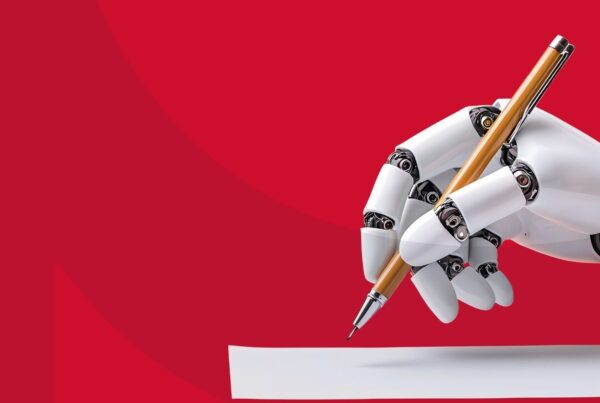By Yasmin Gohar
Considering that the workforce is constantly evolving, employers are also now rethinking their criteria for hiring. They are now seeking well-rounded employees with soft skills such as interpersonal skills and intuitive skills, both of which are highly valued in a workplace. Unlike hard skills, which are mainly acquired specialties that can be quantified in a work setting, soft skills are not so easily quantified. Soft skills showcase one’s innate traits, personality, and social awareness. For example, almost anyone can figure out how to ride a bike, but not everyone can understand how to teach someone to ride a bike.
Soft skills are helpful in various aspects of life whether in social or professional settings. Hard skills show what you know, while soft skills show how you know something and how you can apply it. For example, in interviewing at PR and marketing companies, personality and communication skills are more valued than at technology companies. Additionally, remote and hybrid shifts in the workplace created immense change in the traditional work environment as it led to less social interaction and disconnect among workers.
It seems soft skills are more essential than ever right now.
They help strengthen hard skills. Soft skills are needed to back up hard skills as they bring differing points of view to task-related specific skills. For example, SHRM has an example how “a talented graphic designer might wow people with her creations, but if she constantly misses deadlines or doesn’t listen to feedback—leading to costly project delays or upset clients—her career might stall.”
They are more challenging to acquire. Soft skills are often innate and rely on emotional intelligence. They reflect upon an individual’s experiences and personal traits, creating significant differences between those with emotional intelligence and those without them. Although it may not be easy to acquire soft skills, everyone should aim to achieve them and improve on these skills to make themselves more valued employees.
Workplaces are collaborative. Today, working as a team is more common than ever and completion of tasks or goals are interdependent. Individuals with soft skills offer advantages in collaborative environments and therefore are seen as essential to the team’s success.
They help improve the customer/client experience. Having a sense of humor and being empathetic can increase connection with the consumer base. Showing relatability builds strong bonds: key factors of PR and marketing.
They are future-proof. Soft skills are not attributes that can easily be replaced by computers or artificial intelligence. Regardless of technological advancement, they will always be necessary in various industries and relied upon to build connections.
Soft skills are indispensable in creating relationships with audiences. In addition, soft skills show an individual’s emotional intelligence, a big factor in accepting criticism (from employers, customers, and clients) without viewing it as a personal threat. Emotions can be tricky, and should be left out of the workplace. Having a finely tuned emotional intelligence can help.
This is especially true as employees transition to work from home and rely on technology for communication. An insightful piece on GovTech shows how “adaptability, a key factor of soft skills, heightens an individual’s growth and success, which becomes necessary when altering workspaces and daily routines.”
When companies are staffed with talented individuals not only with specialty skills but with great interpersonal skills, they will flourish. Both skills need to work hand in hand.






